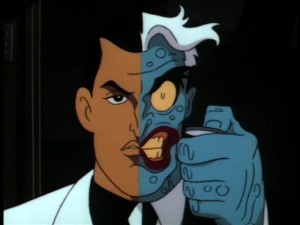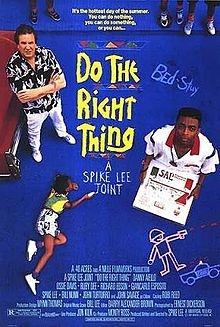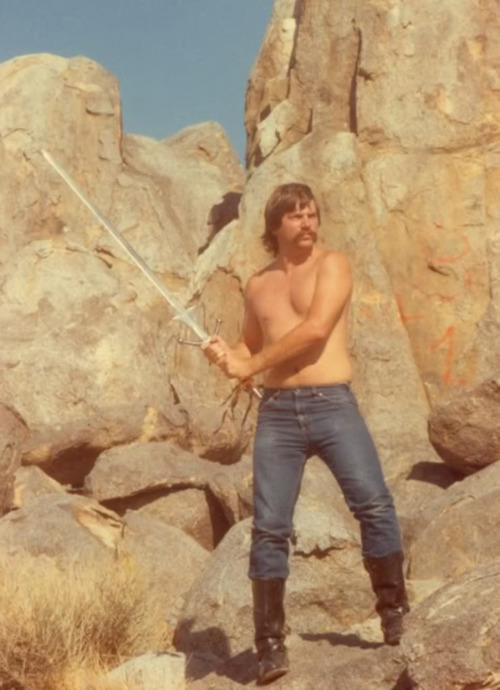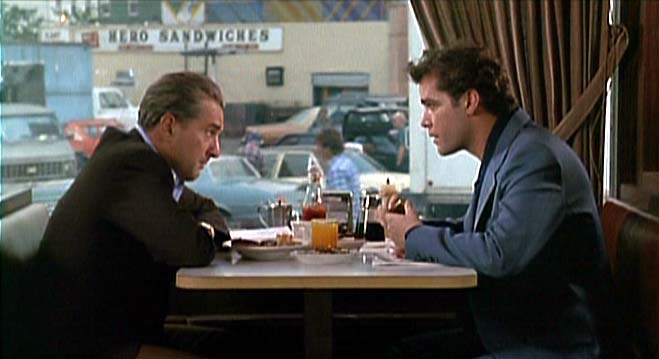My father taught me that if you have enough will and enough time, you can out-last any opposition. If I see one problem with startups, is that they lose heart too quickly. They cave, they balk, they don’t have the battleship armor of emotional strength to weather the numerous setbacks that will inevitably happen.
Every business plan I’ve ever read (including the ones I wrote) have the same ending:
And when all this happens, we’re all going to be RICH!
Who writes a business plan that says otherwise? No one writes “And when all this happens, there will also be unforeseeable and heart-draining frustrations, and we’ll all be hovering above survival…”
With D&T, we’ve been unbelievably lucky. I brushed off the original business plan and nearly lost it when I read that the original goal was to become profitable by year #2, and to hire our first employee by year #3. We’re in year #3 now and we have 23 awesome employees. But this tremendous growth has its own trials – growth this fast “feels” harder than struggling with just a few people. It takes another kind of emotional endurance to figure out how multiple parties, in several cities, can work together.
Emotional endurance is a lot like physical endurance – you need to train yourself rigorously to be ready for whatever comes. For me, I read as much as I can from others who faced challenges. Right now I’m on Marcus Aurelius’ Meditations. Here’s a great quote that I read today.

Uncanny resemblance to The Most Interesting Man in the World.....
Words that everyone once used are now obsolete, and so are the men whose names were once on everyone’s lips: Camillus, Caeso, Volesus, Dentatus, and to a lesser degree Scipio and Cato, and yes, even Augustus, Hadrian, and Antoninus are less spoken of now than they were in their own days. For all things fade away, become the stuff of legend, and are soon buried in oblivion. Mind you, this is true only for those who blazed once like bright stars in the firmament, but for the rest, as soon as a few clods of earth cover their corpses, they are ‘out of sight, out of mind.’ In the end, what would you gain from everlasting remembrance? Absolutely nothing. So what is left worth living for? This alone: justice in thought, goodness in action, speech that cannot deceive, and a disposition glad of whatever comes, welcoming it as necessary, as familiar, as flowing from the same source and fountain as yourself.
I think of Steve Jobs’ legacy, Packard’s and Moore’s, and the other great technologists and this feels so prescient. We feel like today we are doing such important things, and yet when we look at the past it’s easy to flag in passion because we cannot possibly live up to the past glories. But here’s the silver lining that I think Marcus was getting at, the last portion – So what is left worth living for? This alone: justice in thought, goodness in action, speech that cannot deceive, and a disposition glad of whatever comes, welcoming it as necessary, as familiar, as flowing from the same source and fountain as yourself.
That to me gives me the emotional endurance to outlast any adversity. Well, at least for today.







